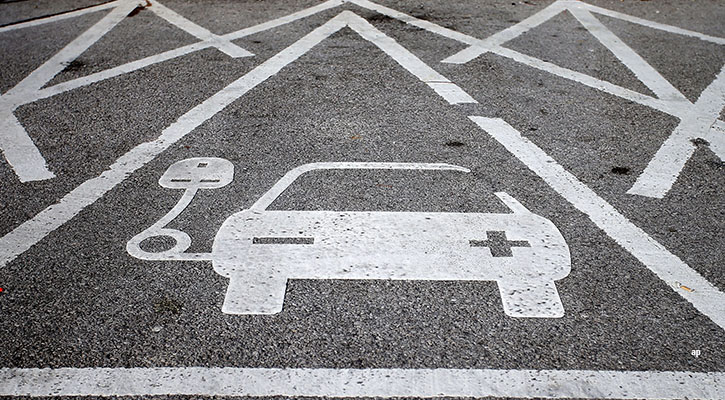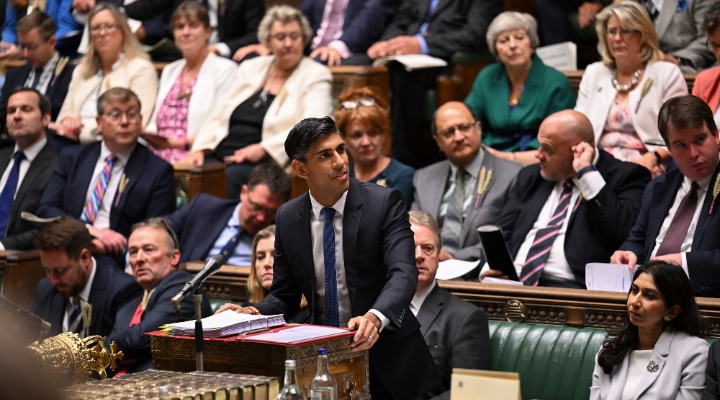
Rishi Suna's watering down of climate change initiatives has attracted fierce criticism from green-minded Tories, environmentalists and industry figures.
The prime minister said on Wednesday he would put back a ban on new fossil fuel cars by five years to 2035 in a major U-turn among a raft of measures. Among other changes, the transition to heat pumps from gas boilers will be delayed, households will no longer be forced to upgrade their insulation. The car delay had been expected following months of media speculation, and the 2035 deadline puts the UK in line with the European Union. Labour has pledged to reinstate the 2030 deadline if the party is elected at the forthcoming general election.
Sunak insisted the UK was already ahead of allies in reducing emissions and could not impose "unacceptable costs" on British families. He added that the country remained committed to the legally binding 2050 targets to reach net zero.
"The risk here to those of us who care about reaching net zero, as I do, is simple: if we continue down this path we risk losing the consent of the British people," he said.
"And the resulting backlash would not just be against specific policies but against the wider mission itself meaning we might never achieve our goal.
"That's why we have to do things differently."
He detailed the plans to the public after putting them to Cabinet ministers in a hastily-arranged call in response to a leak of his net-zero plans.
Instead of a public backlash, the prime minister received an immediate pushback from commerce.
The Reaction
The policy alarmed the car industry, which has invested on the basis of a 2030 shift away from petrol and diesel. Shares in European carmakers were broadly weaker on Thursday, but these falls are in the context of softer global markets.
Ford UK chair Lisa Brankin said: "Our business needs three things from the UK government: ambition, commitment and consistency.
"A relaxation of 2030 would undermine all three."
The erupting business backlash may have forced Sunak to announce the plans sooner than he intended as he faced criticism for disrupting the certainty needed for firms to invest in Britain.
Chris Norbury, chief executive of energy firm E.ON SE, said the move is a "mis-step on many levels" as he hit out at the "false argument" that green policies can only come at a cost, arguing they deliver affordable energy while boosting jobs.
"From a business perspective, companies wanting to invest in the UK need long-term certainty to create the jobs and economic prosperity the country needs," he said.
"Equally, in our homes and communities we risk condemning people to many more years of living in cold and draughty homes that are expensive to heat, in cities clogged with dirty air from fossil fuels, missing out on the economic regeneration this ambition brings."
There was dismay in the environmental wing of the Tory party but delight among those who had campaigned against the policies for fear the price of going green will cost the party votes.
Alok Sharma, who was the president of the COP26 climate summit, told BBC Radio 4's Today programme: "I think it'd be incredibly damaging for business confidence, for inward investment, if the political consensus that we have forged in our country on the environment and climate action is fractured.
"And, frankly, I really do not believe that it's going to help any political party electorally which chooses to go down this path."
Sharma said delays on policies such as banning new petrol and diesel cars could mean tougher curbs in other areas.
Prominent Tory environmentalist Lord Goldsmith said: "Putting aside the ethics or even merits surrounding the issue, it is difficult to exaggerate the political stupidity of this economically and ecologically illiterate decision by the PM."































